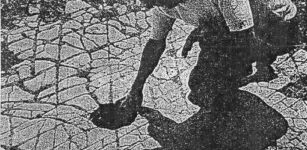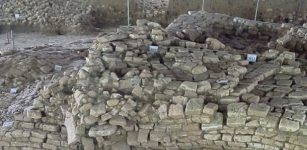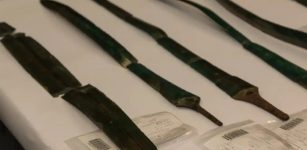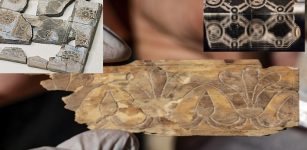8,600-Year-Old Bone Needles Found In Denizli Closely Associated With Old Textile Tradition
Conny Waters - AncientPages.com - During the excavation and restoration work at Ekşi Höyük, Denizli in Western Anatolia, archaeologists have discovered 8,600-year-old bone needles and round stones for spinning thread. These ancient textile tools are almost twice as old as Egypt’s Great Pyramids.
Bone needles and round stones were used for spinning thread millennia ago and were found in an excavation site in one of the oldest settlements in western Anatolia, located in the present-day Denizli province.
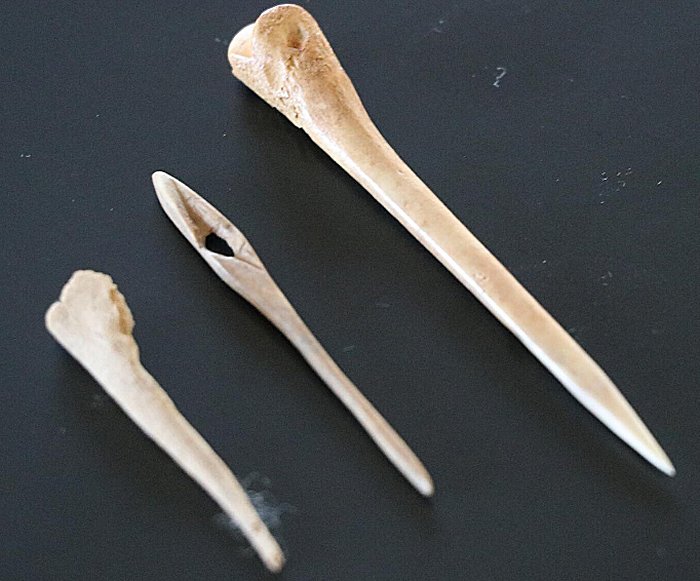 Image credit: AA
Image credit: AA
"During excavations carried out in this Neolithic-era settlement, we discovered some of the first tools used for textiles in history," Ege University’s Fulya Dedeoğlu, head of the excavation team, told Anadolu Agency.
Dedeoğlu also said that many bones of needles were found related to the textile tradition of the city, especially weaving.
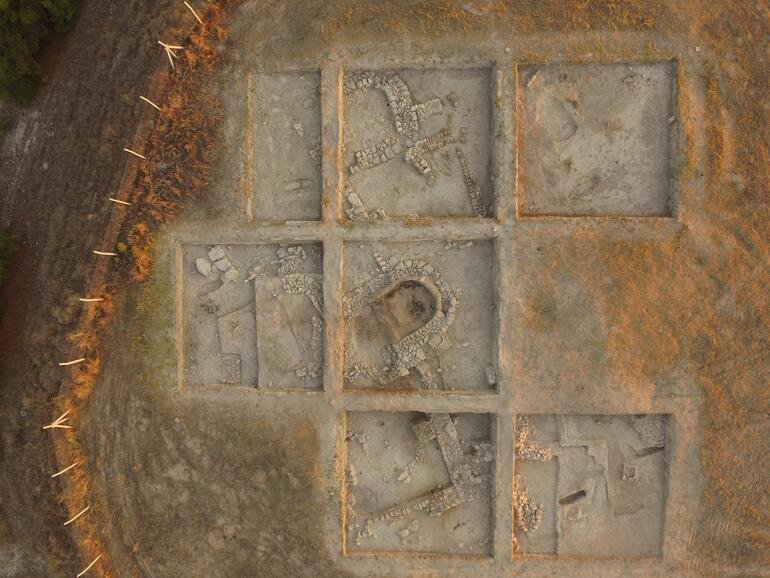 Image credit: AA
Image credit: AA
“The architectural remains here are in very good condition. You can see all of the typical materials of the era here. One of the most striking things we found is the needle bones, which we think date back to 8,600 years ago, and carved round stones for spinning thread," said the researcher, adding that an old settlement Ekşi Höyük and the findings uncovered at the site prove that the textile tradition in Denizli province dates back to earlier times.
 Image source: Gaziantep University Archeology Department
Image source: Gaziantep University Archeology Department
In fact, Denizli has a long history in textiles, and that many bone needles used in textiles were found at the excavation site, in a building, which was probably built in 6400 B.C.
Two years ago, 3,600 years old textile parts, products, and loom weights were found in Denizli during the archaeological excavations.
From ancient sources, it is known that in Antiquity, the wealth in Denizli and its surroundings was associated with textiles and the trade developed around it. The province of Denizli owes its worldwide success today to its deep-rooted past of 2300 years.
The people of the valley had flourished in the antique world since the Hellenistic period (3rd Century B.C) and wool and silk were the primary sources of the raw material for the textile industry of the region.
These ancient people knew the secrets of dyeing, the application of dyes, or pigments on textile materials. Also weaving of the wool and manufacturing ready-made garments had become an industrial sector in the region, and mass production had already started and was very successful.
According to ancient records, textile products were transported directly to the port of Ephesus and exported by ship to the whole antique world, namely to the island of Samos (Sisam), Athens, and Italy.
Written by Conny Waters - AncientPages.com Staff Writer






